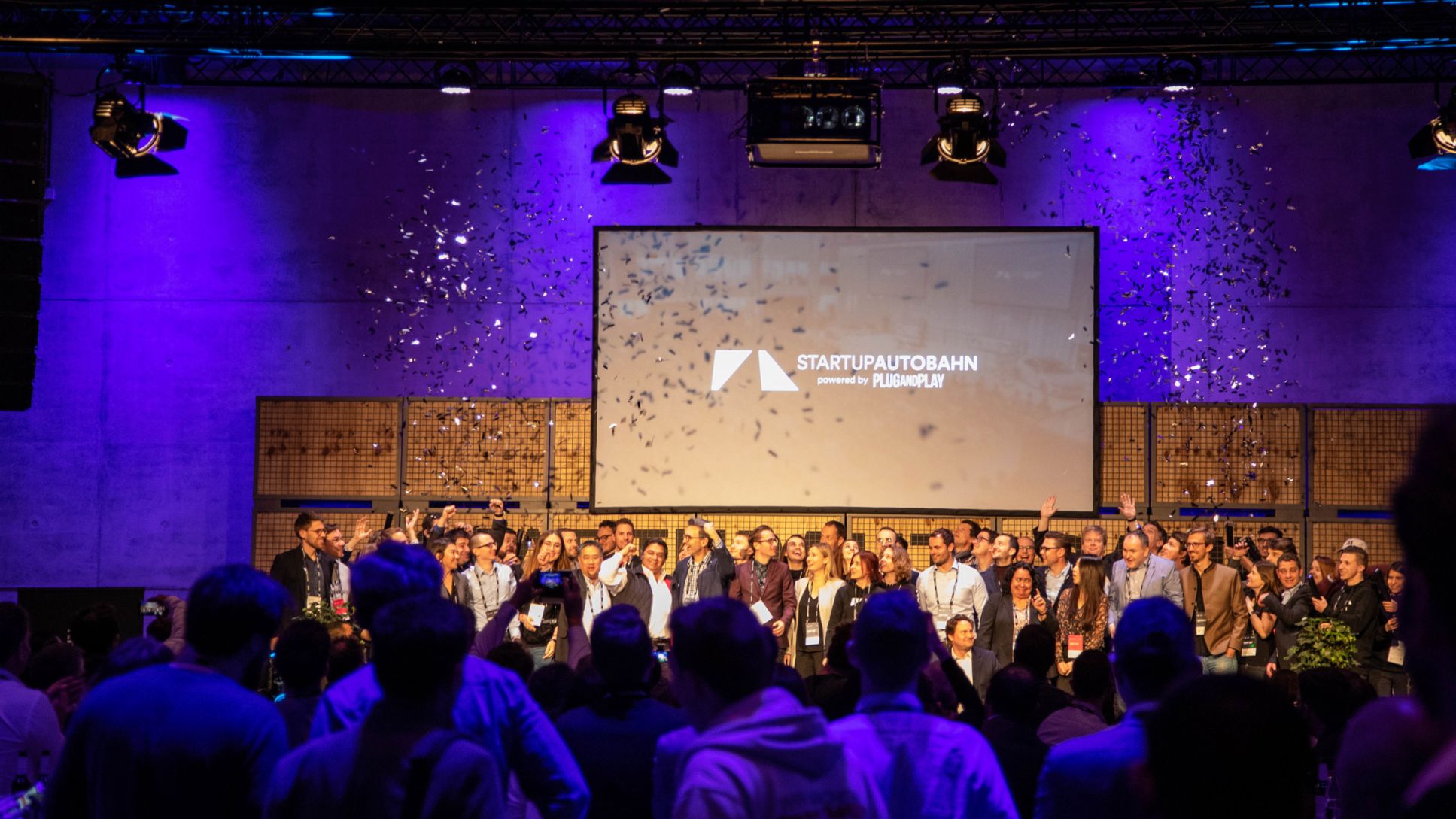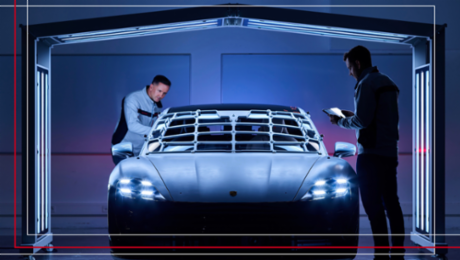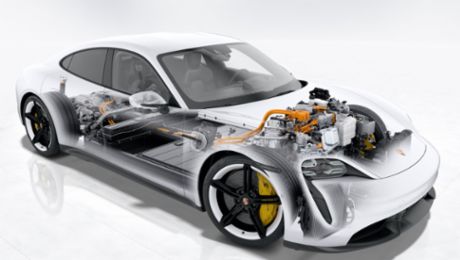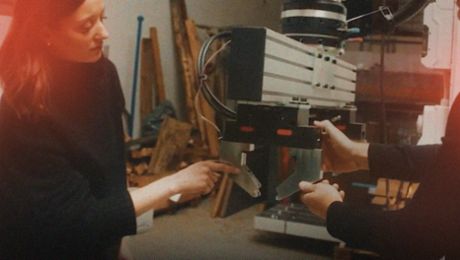Startup Autobahn is not a typical start-up accelerator. The innovation platform offers young technology firms an entire ecosystem to allow them to successfully cooperate with established companies like Porsche. Startup Autobahn fits seamlessly into the Stuttgart-based sports car manufacturer’s innovation programme. “An innovation programme does not invest in patents or inventions. It invests in people. Innovations are closely linked to enthusiasm and emotion,” says Oliver Blume, Chairman of Porsche AG’s Executive Board.
As part of the open innovation platform, start-ups and companies work together for six months on concrete applications and test the possible uses of new technology. They share one goal: to turn ideas into production-ready solutions. The heart of the Startup Autobahn programme is Expo Day, an invitation-only event that takes place twice a year. There, the founding teams present their results. More than 220 start-ups with more than 300 pilot projects have participated so far. It was initiated in 2016 by the US accelerator Plug and Play, Daimler, the University of Stuttgart and Arena2036.
External impulses from the international start-up scene’s brightest talent
Porsche has been a close partner of Startup Autobahn since 2017 and has so far brought nearly 80 projects to life as part of its innovation platform. At the beginning of 2020, the partnership was extended for another three years. Porsche supports founders with experienced mentor teams. This enables both sides to learn from each other, grow together, and successfully set the course for the future of mobility. Around one third of the results enter series development.
“Digitalisation, electrification and connectivity are revolutionising car manufacturing. We see this as an opportunity and want to take advantage of it. External impulses from the international start-up scene’s brightest talent accelerate our progress,” says Lutz Meschke, Deputy Chairman of the Executive Board and Member of the Executive Board for Finance and IT at Porsche AG. “To do this, we offer start-ups an environment in which they can fully exploit their potential and concentrate on their work. As a leading global automotive and high-tech region, Stuttgart is an ideal location for this.”
Shaping the future of mobility together
From audiovisual voice recognition to innovative upcycling solutions and augmented reality experiences for the Porsche Taycan, the Stuttgart-based sports car manufacturer is driving forward intelligent and advanced solutions for the future of mobility by working together with the start-ups. The innovations that have come from these cooperative projects so far demonstrate that close collaboration creates synergies that can lead to future-proof solutions.
Porsche’s cooperation with American start-up tomorrow.io is one example of this. The start-up specialises in highly accurate local weather forecasts, which has resulted in new functions for the ROADS app. Users can now access detailed information about the air quality of their route and use the data to make decisions such as whether they want to drive with open or closed windows or where their next stop should be.
Together with the Dutch start-up Circularise and suppliers Covestro, Domo Chemicals and Borealis, Porsche has developed a prototype app that can be used to trace product parts back to their individual plastic content. With the help of blockchain technology, users can retrieve information about the sustainable production of components and materials.
Together with SevenD and VisionLib, Porsche is also working on a forward-looking alternative to the classic user manual via an augmented reality project that brings customers closer to their sports car. For example, the app uses AR technology to explain the Taycan’s charging process or regeneration.
Innovation as a common mindset
CarbonBlock, a sustainability project by the Berlin start-up CircularTree, makes supply chains’ greenhouse gas emissions more transparent. This blockchain venture won Startup Autobahn’s innovation prize in September 2020. With so-called smart contracts, companies can digitally pass on CO₂ emissions from components along the supply chain. Through this process, the CO₂ footprint of a product can be quantified in a standardised way.




